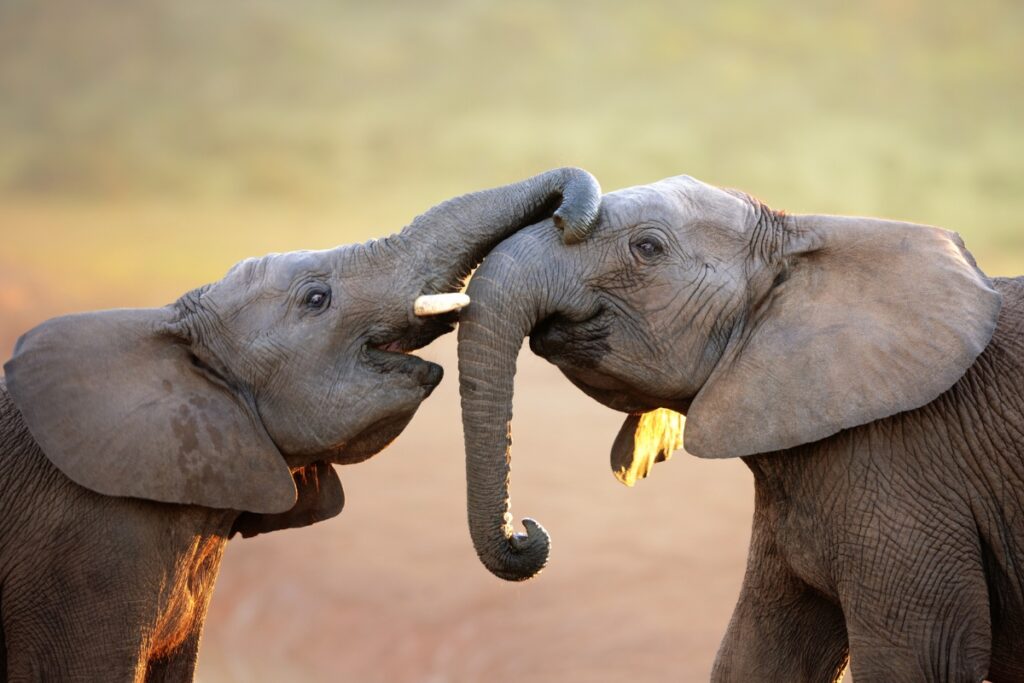
Elephants are more than just the giants of the animal kingdom. These highly intelligent and emotional creatures have fascinating behaviors that often mirror human traits. Here are ten surprising facts about elephants that reveal just how remarkable these animals truly are.
1. They Remember Familiar Scents
Elephants have an extraordinary sense of smell, which they use to recognize their caregivers—even after years apart. Their olfactory memory is so strong that they can identify individuals by scent alone, ensuring these highly social creatures never forget those who care for them. This incredible ability helps build deep bonds between elephants and their human and animal companions.
2. They Are Empathetic Giants
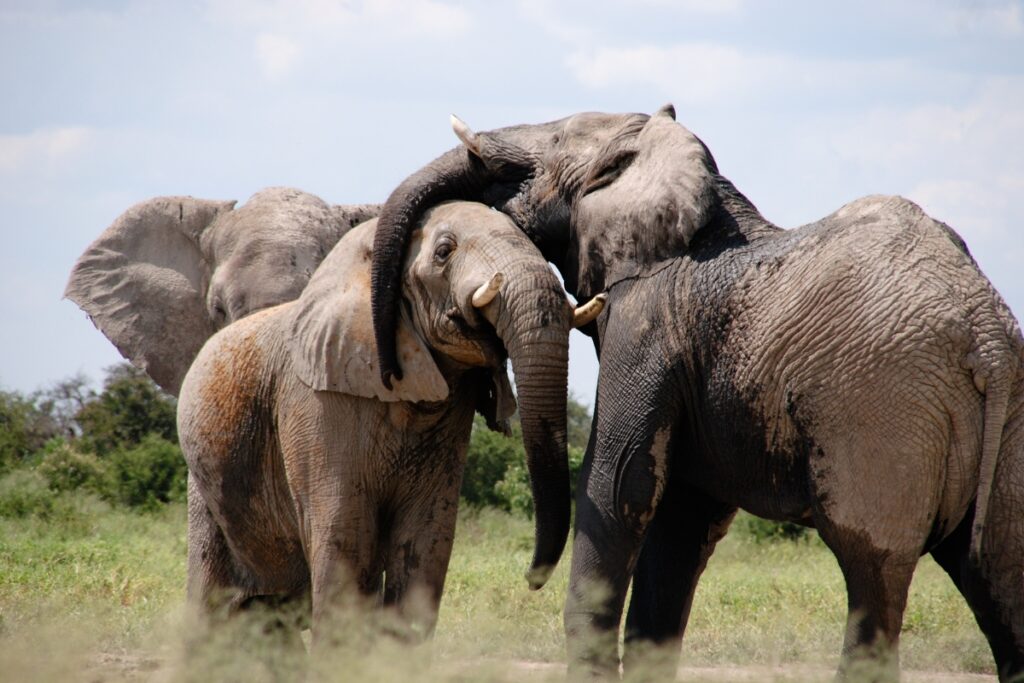
Elephants are known for their strong emotional connections, both within their herds and even with other species. When a member of the herd is hurt or upset, elephants will rush to offer comfort, often touching the distressed animal with their trunks. This empathetic behavior highlights their deep capacity for compassion, making them one of the few non-human species known to demonstrate true empathy.
3. Their Trunks Are Super-Tools
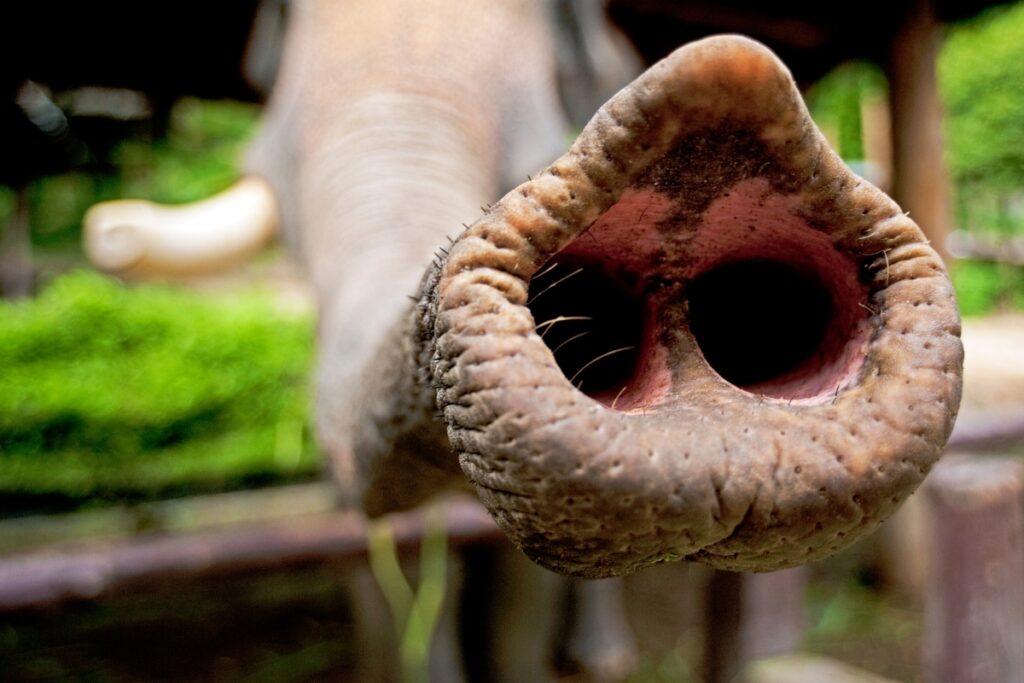
An elephant’s trunk is much more than just a nose. It can be used for breathing, grabbing objects, sensing the environment, and even communicating. With over 40,000 muscles, their trunks are strong enough to lift tree branches yet sensitive enough to pick up a single blade of grass, showcasing the versatility of this remarkable appendage.
4. They Mourn Their Dead

When an elephant in the herd dies, other elephants display behaviors that suggest mourning. They will often touch the body gently with their trunks and may stay by the body for hours or even days. This mourning behavior shows their deep emotional intelligence and strong social bonds, making them one of the most socially aware creatures on the planet.
5. They Can Use Tools
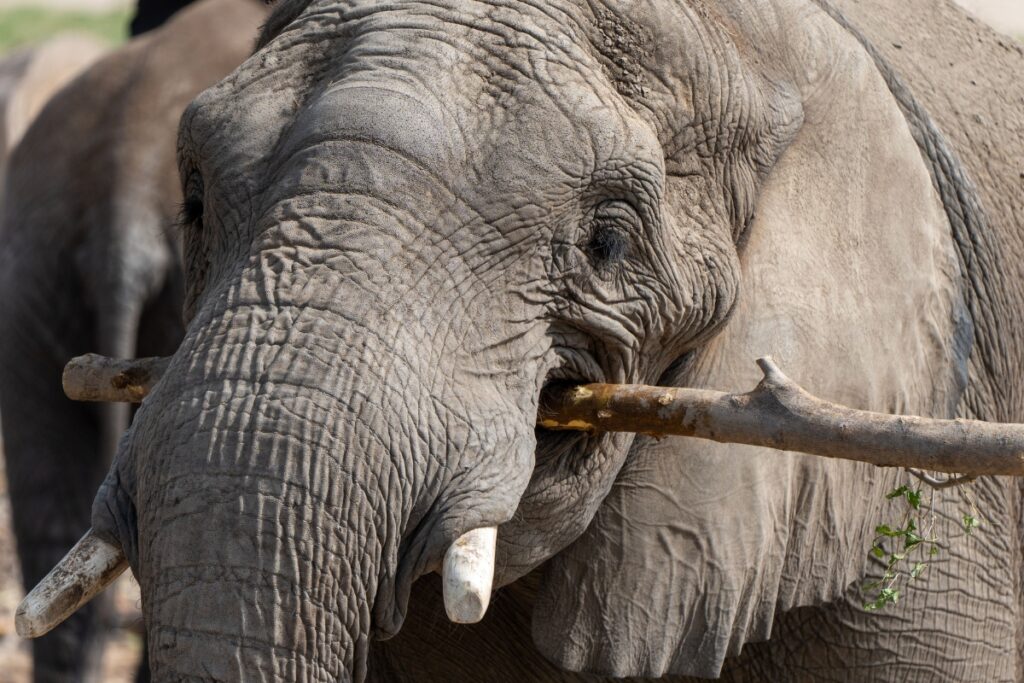
Elephants have been observed using sticks to scratch themselves and even fashioning fly swatters from leaves. This ability to use tools is rare among animals and demonstrates their problem-solving skills. They will also use their trunks to dig for water or food when resources are scarce, proving they’re not only intelligent but also resourceful.
6. They Have Long-Lasting Family Ties

Elephants have intricate family structures, led by a matriarch—usually the oldest and wildest female. The bond between mothers and their young is particularly strong, and female offspring often stay with their mothers for life. These close-knit family units are crucial for survival, as younger elephants learn vital life skills from their elders.
7. They Can Hear With Their Feet

Elephants have a highly unique way of sensing sounds through the ground. By picking up vibrations with their feet, they can detect distant thunderstorms or the movement of other animals from miles away. This ability helps them stay alert to potential dangers, even when they can’t see or hear the threat directly.
8. Their Memories Are Legendary
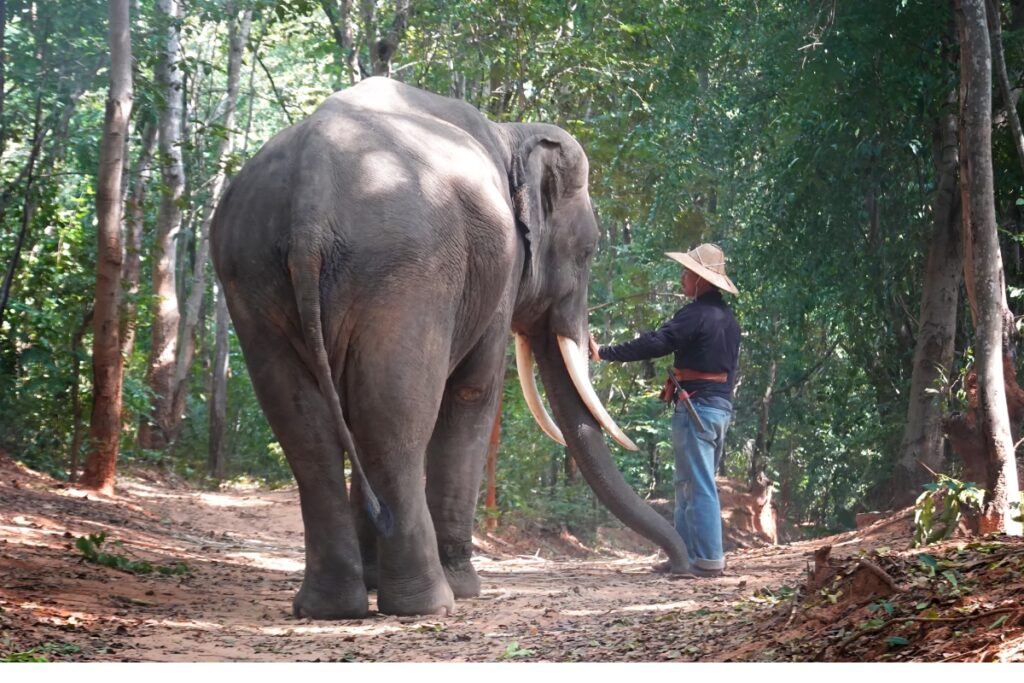
These massive mammals have astonishing memories, particularly when it comes to survival. Older elephants in a herd can remember the locations of water sources during droughts, helping the group survive times of scarcity. This memory capacity also extends to recognizing individual humans, fellow elephants, and even places they’ve visited before, reinforcing their reputation as animals that never forget.
9. They Have Complex Social Hierarchies

Elephant herds are structured with clear hierarchies, normally led by a dominant female. The matriarch makes important decisions regarding movement, food, and safety. Younger elephants learn from watching their elders, and respect for the hierarchy helps maintain harmony within the group. This complex social system reflects the importance of leadership and cooperation in elephant communities.
10. They Love To Play

Despite their size, elephants are playful creatures, especially when young. They engage in mock fights, chase each other, and even play games in water holes. This playful behavior isn’t just for fun; it helps young elephants develop motor skills, social bonds, and a sense of their surroundings. Play is an essential part of their development, just like in humans.
Elephants continue to surprise us with their intelligent and emotional behaviors. These gentle giants remind us of the intricate connections and similarities between animals and humans.







